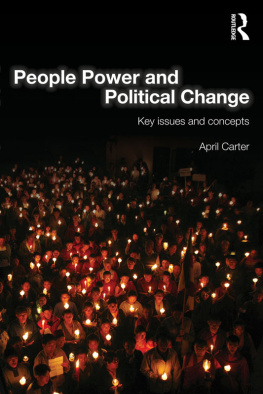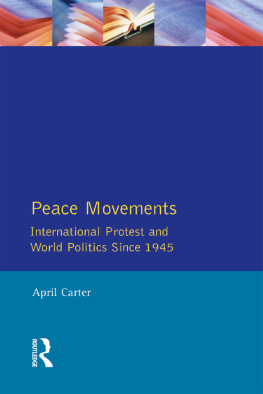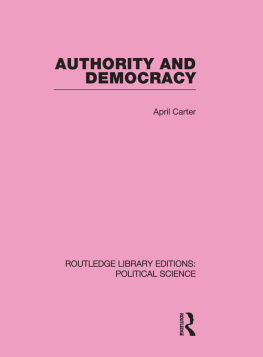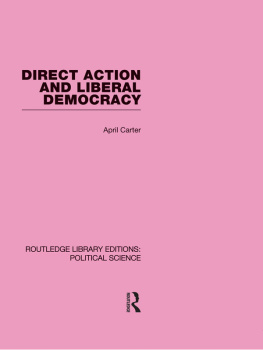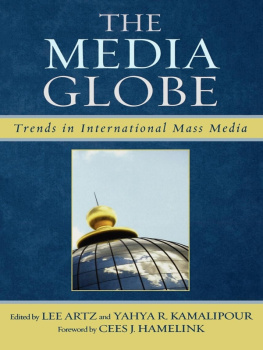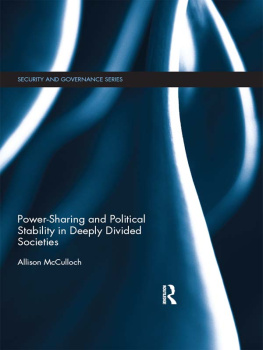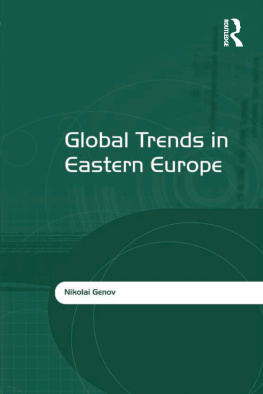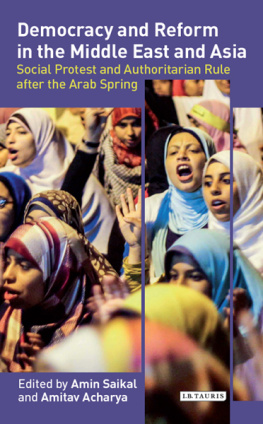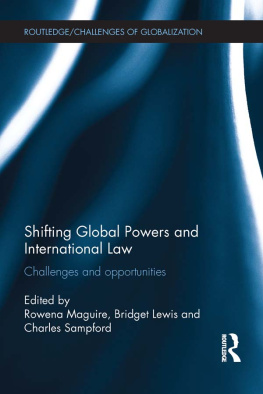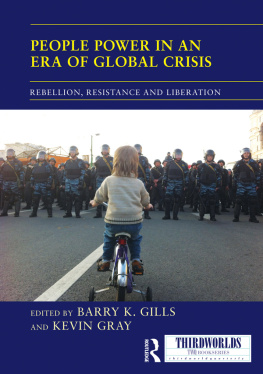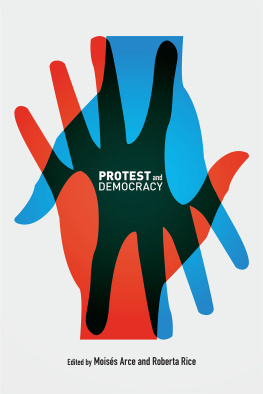People Power and Political Change
This book examines the upsurge in mass popular protest against undemocratic regimes. Relating early revolutions to recent global trends and protests, it examines the significance of people power to democracy.
Taking a comparative approach, this text analyses unarmed uprisings in Iran in 19779, Latin America and Asia in the 1980s, Africa in 198992, Eastern Europe in 1989 and ex-Soviet states after 2000, right up to the 2011 Arab Spring. The author assesses the influence on people power of global politics and trends, such as the growth of international governmental organizations and international law, citizen networks operating across borders, and emerging media (such as Twitter and Wikileaks). Although stressing the positive potential of people power, this text also examines crucial problems of repression, examples of failure and potential political problems, disintegration of empires and the role of power rivalries. Drawing from contemporary debates about democratization and literatures on power, violence and nonviolence, from both academic sources and media perspectives, this text builds an incisive analytical argument about the changing nature of power itself.
People Power and Political Change is a must read for students and scholars of democratic theory, international politics and current affairs.
April Carter is Honorary Research Fellow at the Centre for Peace and Reconciliation Studies, Coventry University, UK.
People Power and Political Change
Key issues and concepts
April Carter
First published 2012
by Routledge
2 Park Square, Milton Park, Abingdon, Oxon, OX14 4RN
Simultaneously published in the USA and Canada
by Routledge
711 Third Avenue, New York, NY 10017
Routledge is an imprint of the Taylor & Francis Group, an informa business
2012 April Carter
The right of April Carter to be identified as author of this work has been asserted by her in accordance with sections 77 and 78 of the Copyright, Designs and Patents Act 1988.
All rights reserved. No part of this book may be reprinted or reproduced or utilised in any form or by any electronic, mechanical, or other means, now known or hereafter invented, including photocopying and recording, or in any information storage or retrieval system, without permission in writing from the publishers.
Trademark Notice: Product or corporate names may be trademarks or registered trademarks, and are used only for identification and explanation without intent to infringe.
British Library Cataloguing in Publication Data
A catalogue record for this book is available from the British Library
Library of Congress Cataloging-in-Publication Data
Carter, April.
People power and political change : key issues and concepts / April Carter.
p. cm.
Includes bibliographical references and index.
1. Government, Resistance to. 2. Protest movements. 3. Democratization. 4. Regime change. I. Title.
JC328.3.C285 2011
322.4--dc23
2011019667
ISBN: 978-0-415-58048-9 (hbk)
ISBN: 978-0-415-58049-6 (pbk)
ISBN: 978-0-203-18110-2 (ebk)
Acknowledgements
This book draws on my own interest for over 50 years in popular struggles against repression, and in particular the role nonviolent methods can play in them. It also draws heavily on the experience and writings of activists, researchers and academic analysts, both of particular resistance movements and of broader comparative and theoretical issues.
But very specific thanks are due both to Margaret Canovan and John Gittings for their expert advice on particular chapters, and more general suggestions on argument and presentation. Above all I owe a great debt to Howard Clark, who has given me the benefit of his extensive experience with nonviolent movements in many parts of the world over more than 40 years, and his wideranging knowledge of the relevant literature. He has read drafts of every chapter, given me timely encouragement, and made many valuable suggestions both about theoretical and factual issues, as well as providing me with many helpful references. Any errors are my own.
Introduction
The popular uprisings in Tunisia, Egypt and many other countries in the Middle East in early 2011 brought images and accounts of unarmed rebellion onto television screens and front pages over many weeks. The Arab Spring was the latest manifestation of a style of popular resistance that has become increasingly frequent since the late 1970s: overthrowing the Shah of Iran in 19789, undermining dictatorships in both Latin America and Asia, precipitating the overthrow of the Soviet bloc in 1989 in Eastern Europe, and in 198891 playing a role in the Baltic states in prompting the dissolution of the Soviet Union itself. Since then there have been many major popular protests in Africa, against individual autocracy and one-party rule, and where multiparty systems have been created further mobilization against political corruption and blatant rigging of the electoral process. The ousting of President Milosevic in Serbia in 2000 also prompted a wave of colour revolutions, as well as so far less-successful protests in former Soviet states.
This book was completed whilst the Arab rebellions were still unfolding and their longer-term success and impact uncertain. Although their importance and special features are noted in a number of chapters, they are not the primary focus of this study. Popular rebellion has a long recorded history, and development of essentially nonviolent methods of resistance (rather less well recorded) can also be traced a long way back. Both , therefore, include very brief consideration of the longer-term historical context of unarmed resistance and its methods of protest.
In the first half of the twentieth century Mahatma Gandhi was a central figure in dramatizing the potential of nonviolent resistance, and promoting a nonviolent theory and strategy, and his role, ideas and later influence are therefore briefly assessed. Gandhis precepts and strategy are also one source for developing a comparison, in , between the strategies of unarmed resistance and guerrilla warfare, which have both been adopted in order to achieve national liberation or revolutionary change. The primary emphasis of this book, however, is on the movements of unarmed resistance since the 1970s, which have developed their own strategies, methods, symbols and ideas, and often influenced each other. It is these struggles that have often adopted the concept of people power (first widely used in the Philippines in 1986) and projected it into the media and academic journals.
Several key points need to be clarified early on. The first is that not all unarmed movements are in a strict sense nonviolent movements, abstaining from any form of defensive physical force or physical destruction (for example of symbolically and strategically significant buildings). The second is that unarmed resistance has quite often coexisted with limited forms of guerrilla warfare (notably in the movement to overthrow apartheid in South Africa), or alongside separate guerrilla struggles (as in the Philippines), or developed temporarily or more permanently out of an armed struggle. These issues, and particular examples, are explored further in the first two chapters of this book. In addition, unarmed resistance can in particular circumstances degenerate into serious violence and bloodshed, as in Romania in 1989 and in Libya in 2011.

